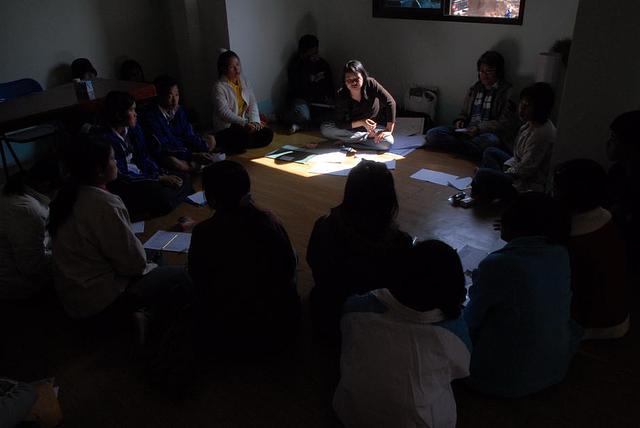Experience in Solving Statelessness and Nationalitylessness in Thailand: Identification, Prevention, Reduction and Protection (PROTECTION Part 1)
The seventh experience is relating to “successes in the protection of fundamental rights of stateless and nationalityless persons” during the processes of legal status development.
First is a basic human right to birth registration and to legal recognition. In fact, the right to birth registration has been set forth in such provisions since the first written law on civil registration of Thailand. However, the right to obtain civil identification document is stated more clearly in the revised Civil Registration Act in 2008 as mentioned above.
Second is an issue of the right to education. Although the admission of stateless and nationalityless persons into the educational system of Thailand is never denied according to the relevant laws, some institutions stipulated their own discriminating regulations in practice. Alot of stateless and nationalityless students were excluded due to lack of civil identification papers in real situations found in the past. In 2005, the cabinet, thus, had a resolution to affirm the right to education for all and later the Ministry of Education has prescribed a clear regulation to protect such right.
Third is an issue of the right to health guarantee, especially for those assimilated nationalityless people who have been living in Thailand for a long time. As a matter of fact, these assimilated nationalityless people have an obvious social contribution for the Thai society, direct and indirect tax payment, for instance. Hence, such right discrimination cannot be taken place in this sense. Finally, it appeared last year by the cabinet resolution on 23 March 2010 that Thailand has recognized the right to health guarantee even though it is not for all, but at least it covers some nationalityless people including those who have already assimilated into Thai society and nationalityless children in educational institution of Thailand.
Fourth is the right to legal marriage. For this issue, Family Registration Act of Thailand has been in force since B.E.2478 (1935) and it never appears that legal marriage between Thai national and alien is denied under the law. Moreover, norm set forth by court decisions on the issue since B.E.2505 (1962) strongly reaffirms the right to marriage of aliens always in the long history of Thailand. Nevertheless, mistake happens once in a while in practice from bad attitudes of individual governmental officials towards aliens in Thailand.

ใน "Lessons Learned on Advocacy for Displaced and Stateless Persons"
ความเห็น (0)
ไม่มีความเห็น